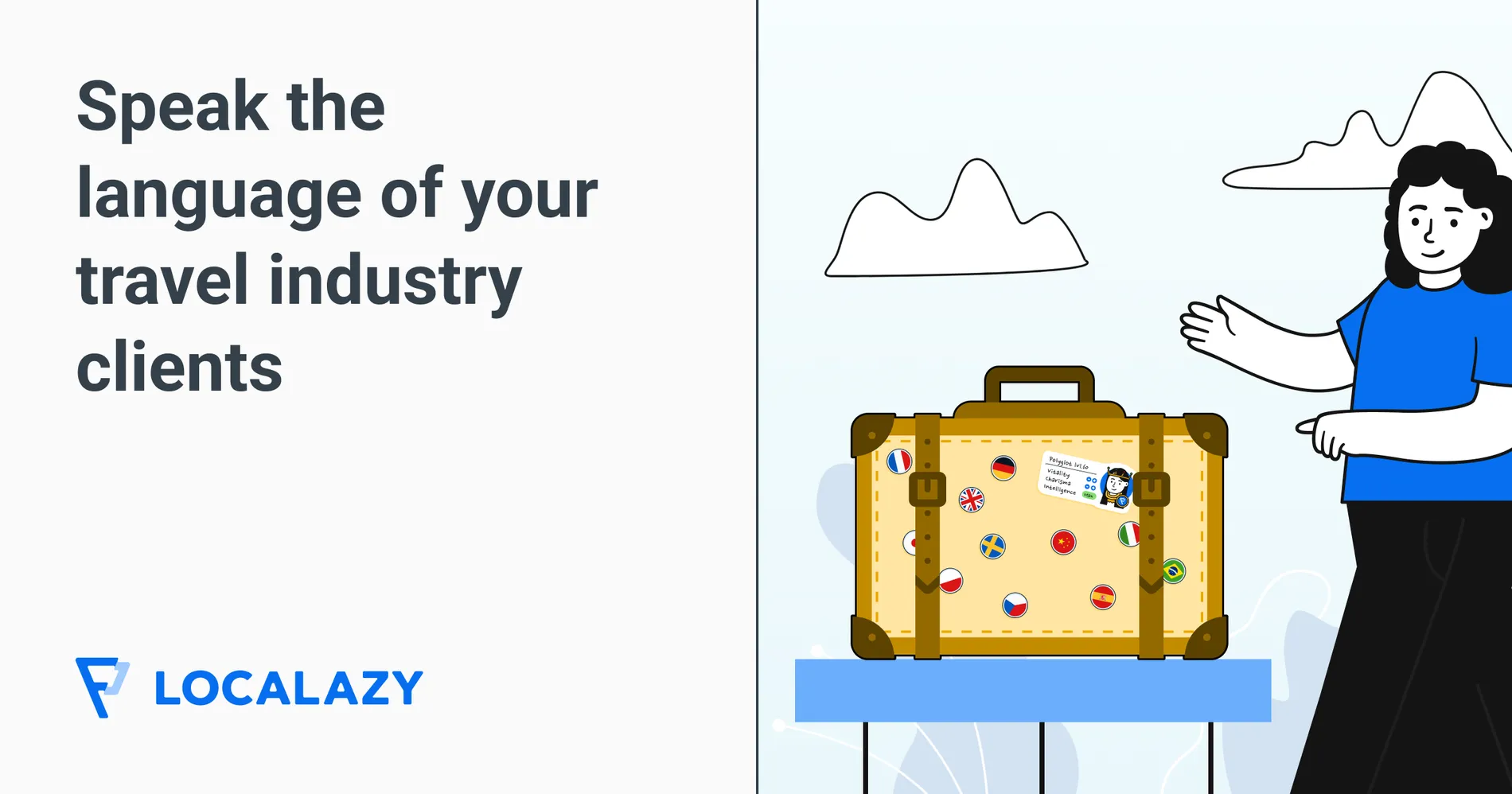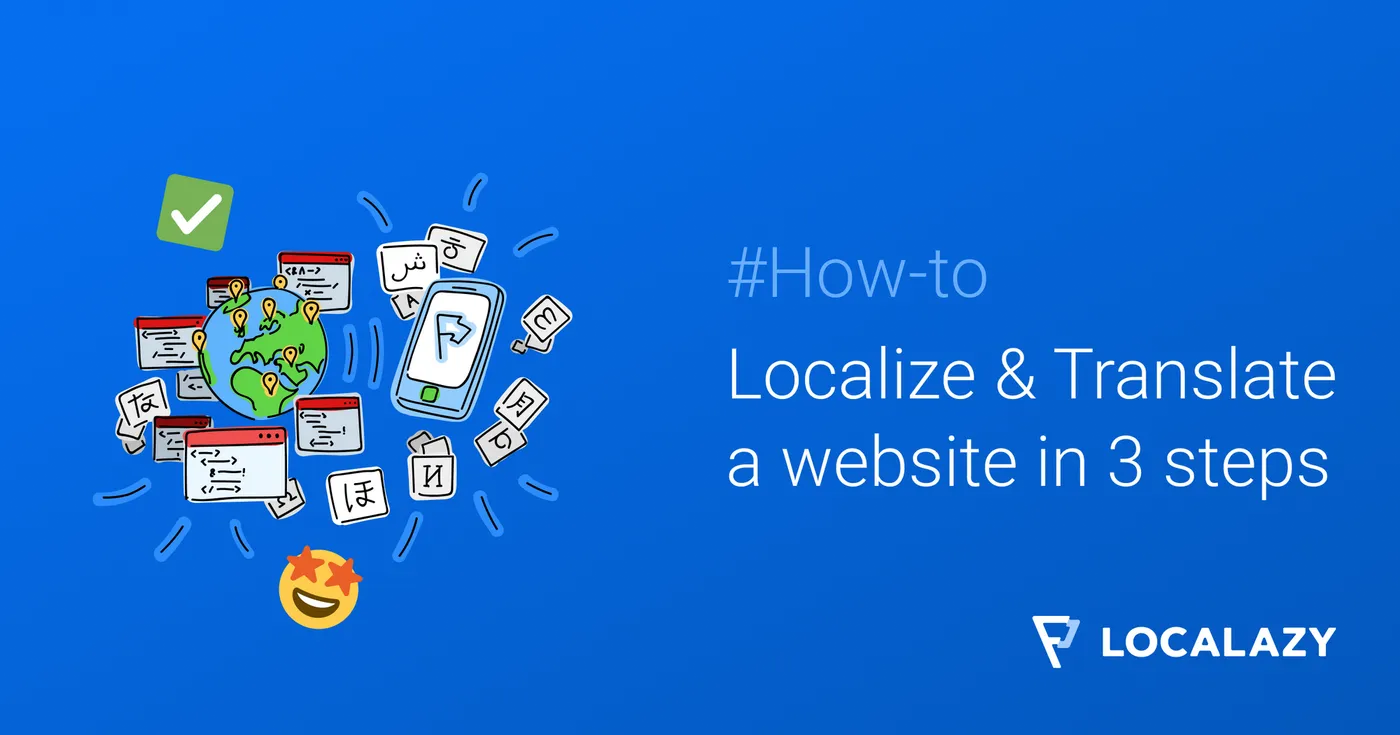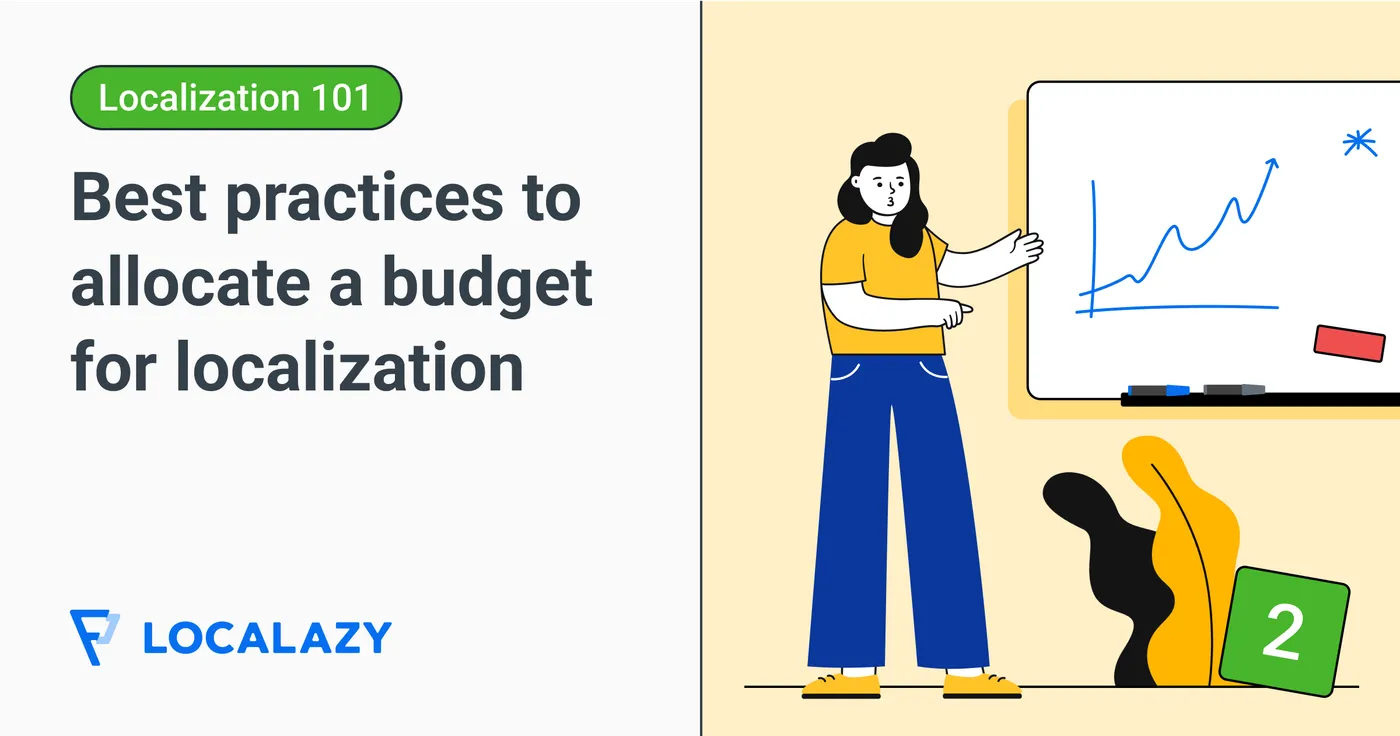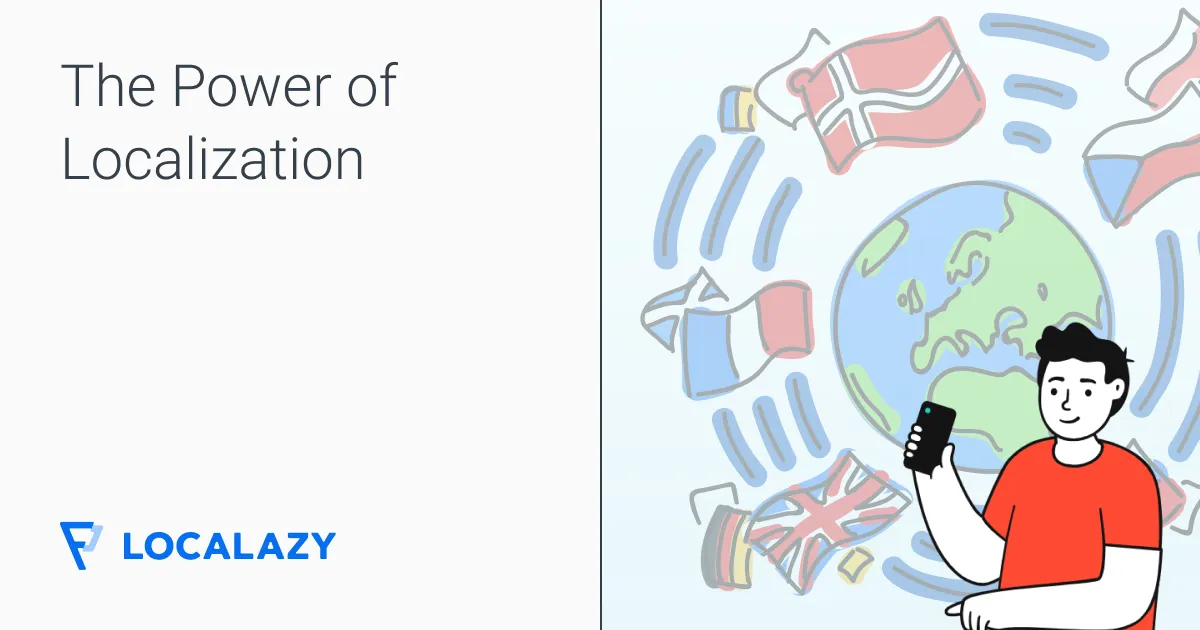Travel, and MICE tourism (Meetings, incentives, conferences, and exhibitions) specifically, thrives on partnerships. If you're in this sector, you likely collaborate with several sales and marketing partners. But would I be wrong to say you'd prefer to do business directly?
Let's say you are a destination management company (DMC), for example. You value outbound agencies' input as local market experts, an expertise that largely comes from speaking their home country's language.
According to Jiří Sýkora, CEO of the flight ticket search engine Flightics, the demand for travel services available in native languages is growing. "In recent years, we have observed a trend where even people who are not confident in using English are traveling independently without traditional travel agencies," Jiří says.
I'm inviting you on a quest to discover whether local expertise still matters in our increasingly globalized world. 🔭 And if so, we will find out whether local travel advisors' monopoly on linguistic and cultural expertise remains unchallenged.

👟 How it all started 🔗
This story began in 2023. My long-time copywriting client, a company operating several DMCs, asked me to help develop new relationships for their inbound agency in Cyprus. "Mick, you possess solid persuasive writing skills in English and German," the agency's co-founder and MICE director told me. "Why don't you help us set appointments for online presentations with MICE agencies in Western Europe via email and LinkedIn?"
It sounded like a new challenge with measurable results I could showcase later, so I leaped at the opportunity. During the 13 months that followed, I learned a lot about MICE marketing and, more specifically, the role of language.
✈️ Outbound agencies: lingua franca vs. native languages 🔗
Initially, I was sure English would suffice as a first-touch language because we were reaching out to agencies that work internationally. But my client insisted on using German when contacting Germans, Austrians and the Swiss, and French with the francophones (she helped me translate my messages).
I did as requested, and now we can study the results together. Even if you don't like numbers as much as I do, please bear with me; the ones I've got here won't bite.
We contacted more than 400 outbound agencies located in:
- Two anglophone countries: the UK and Ireland.
- Four countries whose languages we spoke: Germany, Austria, Switzerland, and France.
- Four countries whose languages we didn't speak: the Netherlands, Belgium (we chose English for both parts of the country), Sweden, and Norway.
Let's dive deeper.
French agencies 🔗
My client was adamant: "French agencies won't respond to English." But emailing them in their native language turned out to be a disaster — zero replies! Upon agreement with my client, I switched to English, and recipients started getting back to me. Most declined our invitation to a call, though.
At the same time, French agency owners and managers responded well on LinkedIn when approached in their native language. This led me to the conclusion that it's best to approach francophones in this business without intermediaries and in French.
German agencies 🔗
While contacting German-speaking agencies, we didn't change our approach like we did with the French. I emailed them in German, while my client used English on LinkedIn.
🎙️ Localization can be powerful indeed. Listen to Clanq's CEO, Christina Hammer, speak about localizing this Swiss-German fintech product in four languages from day one.
Channels 🔗
Given that we used different languages across email and LinkedIn for most contacts, we should keep in mind that response rates might differ between the two channels.
As you can see, we got most responses on LinkedIn. But what about the language used?
The overall statistical difference between response rates when contacting agencies in their native tongue versus a lingua franca proved insignificant. But I noticed some curious regional discrepancies:
- 🇩🇪 German-speaking agencies prefer to be approached in English and are more responsive to the lingua franca than all others.
- 🇬🇧 Ironically, anglophones were less responsive to messages in English than all but Swedes and French.
- 🇫🇷 Unsurprisingly, francophone agencies are least responsive in English but more responsive in their mother tongue than anglophones.
My impression was that all Western European outbound agencies accept the international language, and many even prefer it over their native tongue. Only the French disrupt the overall harmonious picture.
After contacting 400+ outbound travel agencies located in 10 European countries, we found out that most of them preferred English as a lingua franca – many of them even over their native tongue
🏝️ Direct clients and DMCs 🔗
Now to the most interesting part. For every outbound agency whose website can be switched to English, there are 3.3 that are only available in their native tongue.
It seems the outbound MICE industry doesn't prioritize winning international business, including incoming agencies. Outbound travel agents focus on targeting companies in their home country, and they do so using their direct clients' language.
This also explains why your networking efforts with these partners during trade shows haven't paid off. While you chase after appointments with them, they are giving you tough love by pursuing someone else, all within a limited time frame.
Meanwhile, DMCs still try to communicate with everyone in English. As I've developed my appointment-setting services, I've built a sizeable list of DMCs in the Balkans, Greece, Malta, and Japan. Only about 37% of incoming agency websites offer languages other than English or their native tongue.
For every outbound agency whose website can be switched to English, there are 3.3 that are only available in their native tongue. Outbound travel agents focus on targeting companies in their home country, and they do so using their direct clients’ language
⏰ A reality check for the status quo 🔗
Most travel and MICE businesses seem to have agreed to play by rules set decades ago, where every business's role is clearly defined. But things have changed. People move around. Technology develops. Consumer behavior evolves. Boundaries between countries and industries blur. A shift in thinking and regular reality checks are in order.

Here are a few things that intermediaries are losing their monopoly on right now:
Local expertise 🔗
The native knowledge of languages and cultures in your target markets has long been considered an advantage you aren't supposed to have. Migration and the internet are changing that.
I live in Bulgaria, a country that has recently seen an influx of expats from all over the world. Customer support centers are among the biggest employers here, hiring native speakers of all languages locally. And I don't think this trend is unique to Bulgaria. With target language speakers on the ground and people connected online like never before, local expertise is now available globally.
Advanced technology 🔗
Localization used to be an expensive toy. But so were GPS, air travel, and multimedia guides. 👀
Previous generation automated translation tools, although fast, lacked quality. And, programming-wise, creating a version of your website in a different language used to take a lot of effort. As a result, many small and mid-sized businesses have assumed a constraint: "I can't afford quality localization."
But things have changed. AI and automation tools have multiplied the results one person can deliver over time, reducing costs and speeding up processes. To see how far the technology has advanced, consider the following examples.
This page, originally in French (left), has been translated by today's Chrome (right):
Here's how the latest ChatGPT-4 would translate the screenshot in French:
AI can translate simple pieces like this page's title better than previous-generation automated tools. More nuanced content, like the body copy in this example, will require a native speaker's input, but a human translator can move mountains with today's technology.
Perhaps more importantly, advanced software and talent is no longer exclusively available to third-party startups powered by VC money. Services like Localazy have extended localization in the MICE sector to small and mid-sized businesses, allowing a healthy return on investment.
🦾 Interested in using AI in your favor for localization? Explore further AI reads here
👀 Why question the old ways? 🔗
You're used to working with your partners. And if it works, why change it?
I talked with a few incoming agencies, many of whom mentioned their frustration with the excess of middlemen in the business chain. Some reasons for their frustration are as old as the hills, while others stem from recent MICE industry trends that surfaced in 2024. Let's take a closer look.
Patch holes in your sales pipeline 🔗
Let's do simple math. If you manage $1 million in annual bookings and typically pay 20% in commissions to intermediaries, that's $200,000 annually. By securing even 50% of bookings directly, you could save $100,000.
Regain control over pricing 🔗
When doing business directly, you have greater control over your pricing and the strategies you use to attract MICE tourism.
Address transparency demands 🔗
MICE clients increasingly demand more transparency and control over their spending. Your partners may or may not be interested in addressing this growing need.

Face the growing oligopoly 🔗
While the travel sector sticks to its old ways, aggregators are changing the rules. The Amazons, Googles, and Alibabas of this world are stealing your customers with new offers addressing their evolving needs. To keep up, you need to innovate, and if your partner doesn't acknowledge that, you might be better off alone.
Rise above mediocrity 🔗
Industry experts recognize that service quality plummeted during the COVID crisis and continues to fall short. 📉 If your partner has grown complacent, you might serve your clients better directly without changing much of what you're already doing.
Seize the growing trend 🔗
Work from home is here to stay. To maintain the spirit of remote teams, businesses host bigger and more frequent team retreats, workations, and reward trips.
These clients don't like sorting things out themselves, which is good for your local partners who have connections and speak the language. But do these partners acknowledge the growing importance of MICE tourism? If not, you may want to take the helm and steer your boat toward the current.
According to industry experts, service quality plummeted during the COVID crisis and continues to fall short. This, coupled with a lack of control over pricing and transparency, is one of the reasons why travel businesses catering to MICE clients might consider getting rid of middlemen
Take charge of your marketing 🔗
Do you think you can present your destination and services more attractively than your partners do? If so, language could be the last barrier keeping you from reaching your direct clients — and one that's easy to overcome.
These are just a few reasons why you might want to part ways with at least some of your partners. You know which apply to you, which don't, and which are not on this list.
💻 The first touch point: your website 🔗
Travel agency managers like to say that website content doesn't matter in B2B because of how decisions are made. Do they mean a decision-maker wouldn't go to a website and book a custom program with a click of a button? If so, it makes sense. This happens, but so rarely that you can't build a reliable marketing strategy upon such a scenario. But things may look different from another angle.

In B2B, a sales cycle includes multiple interactions, and your website provides one of the early touchpoints. Consider this: many outbound agencies I contacted asked me for information about my client first. They expected a slide deck or a dedicated page on my client's website — a landing page focused on MICE.
A B2B landing page aims to inform readers and inspire them to reach out for more information. If it does so successfully, the all-important first touch happens. And language plays a huge role in reducing friction toward the next stage of the relationship. Jannik Abraham, the Managing Director of vacation rental service Smoobu, puts it best:
“Whatever you can do to eliminate friction for your customers is worthwhile and critical to delivering a solid customer experience. So, being multilingual is a must in the travel industry, regardless of whether you’re offering a service to a host or a guest.”
That said, the first touch isn't likely to immediately lead to a sale. But it will start a conversation that might generate multiple sales in the future. This is the idea that inspired creating your own website in English in the first place.
💻 Related read: How to localize & translate your website in three steps with Localazy?
📈 Boost direct business through localization 🔗
Let's paint an ideal picture. Say your sales team speaks multiple languages, and you work with a guide on the ground for every language widely spoken by guests of your destination. In this case, you have no excuse to not work with clients directly.
As your website provides the first touchpoint, you need content that engages the intended reader. And if the reader is a decision-maker in your direct client company, the content should be in their native language. Odds are that you will find native-speaking translators for that language with Localazy. Its localization experts are backed by the latest technology, which multiplies their efforts like an exoskeleton. You can read more about Localazy's translation services here, or book a no-obligation demo call here.




